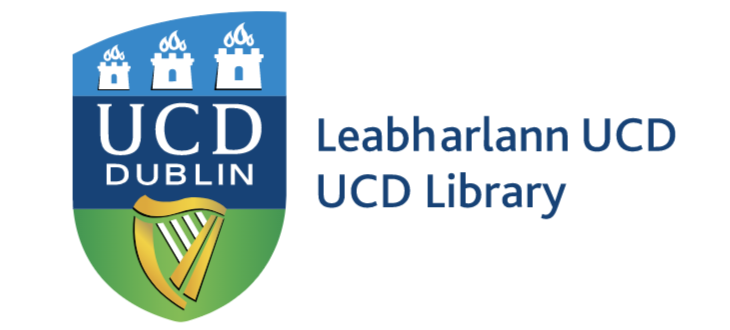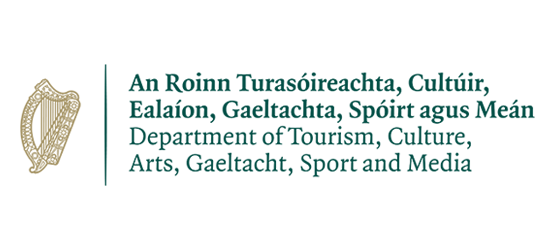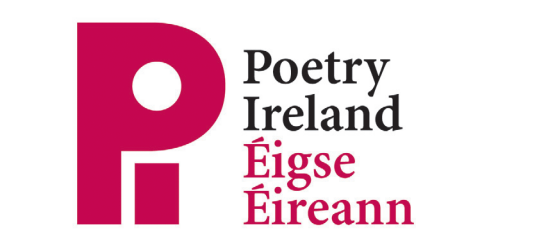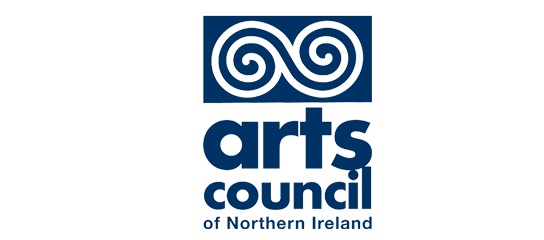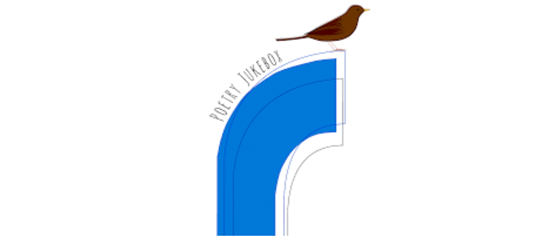Presentation of Grief’s Broken Brow to the Decade of Centenaries Expert Advisory Group
On Tuesday, 24th October 2023, Evelyn Flanagan and Dr Catherine Wilsdon visited the Department of An Taoiseach to present the Expert Advisory Group on the Decade of Centenaries with copies of Grief’s Broken Brow. Members of the Expert Advisory Group are Dr Maurice Manning (Chair), Dr Martin Mansergh, Dr Sandra Collins, Professor Mary Daly, Mr Francis Devine, Gabriel Doherty, Dr Anne Dolan, Professor Diarmuid Ferriter, Dr Mary Harris, Dr Leeann Lane, Commandant Stephen Mac Eoin, Dr Sinéad McCoole, Dr William Murphy, Professor Eunan O’Halpin, Mr Jerry Kelleher, and Patrick Geoghegan.
Evelyn Flanagan: Members of the Decade of Centenaries Expert Advisory Group, good afternoon and thank you for giving us the opportunity to talk to you today.
My name is Evelyn Flanagan and I’m joined by Catherine Wilsdon to update you on UCD Library’s Poetry as Commemoration project and to present each of you with a copy of Grief’s Broken Brow. We’ll start with a short summary of our activities over the past two years before moving on to some examples of the impact the project has had on individual contributors and, finally, we will present each of you with a copy of the limited-edition fine press book of poetry.
Poetry as Commemoration emerged from a desire to connect the public in creative ways with the material history of the War of Independence and the Civil War and to use these interactions to provide space for conversation, reflection, and commemoration. Poetry’s capacity to hold complexity and convey nuance make it a fitting mode of expression for such interactions. And so, in January 2022, we began to engage poets from across the island and beyond in the project through poetry commissions, creative writing workshops and public poetry installations.
-
- We commissioned 10 poets to write a new poem inspired by primary source materials in different repositories and have made recordings of those poems available to the public online. Those poems feature in the fine press book we are presenting today.
- We also brought commemorative poetry into public spaces through the Poetry Jukebox sound installation. This proved a great success with the work of 60 poets echoing through the streets of Dublin, Belfast, Cork, Waterford, Derry, Limerick, and Galway over the past two years.
- Poetry as Commemoration took on a strong community focus and we rolled out a programme of poetry workshops in partnership with schools, local libraries, archives, and museums across the island. By the end of the project, we will have completed 137 workshops for adults and children. Over 400 poems created in the workshops have been added to a new archive in UCD Special Collections and a digital archive on our website. The workshops have been the most impactful aspect of the project and rather than try to capture the whole. I’m going to pass over to Catherine to tell you a story that illustrates the power of the project and its ongoing impact.
***
Catherine Wilsdon: In July 2022 we held a pilot workshop for adults at the Lexicon Library in Dun Laoghaire. The workshop was fully booked when I received an email from a woman named Anna O’Laoghaire asking if we could accommodate her. Anna had recently begun researching a difficult chapter in her family history and we were happy to oblige. It turned out that Anna’s great-grandfather was James McDonnell, one of the RIC officers shot during the Soloheadbeg Ambush on the 21st of January 1919. Following the workshop, we received poems from several participants but nothing from Anna. Three months later, I received the following email:
Catherine,
You might remember that I came to Poetry as Commemoration as the great-granddaughter of James McDonnell, RIC, assassinated at Soloheadbeg in 1919.
It has been a difficult legacy in the family and hurt and anger lingers.
After a good start with my poem, I hit a wall and festered with feelings around the shooting of my great-grandfather, and the tragic effects for his family.
I read books, looked at archive material and family records. After all this, I finished my poem ‘Sentinels’ which I now attach.
I wanted to let you know that Poetry as Commemoration was a meaningful and cathartic experience for me. If there was a chance it could appear on the Virtual [Poetry] Wall, it would be brilliant to direct the wider family to it.
Many thanks to you and your colleagues for this truly great project.
In ‘Sentinels’ Anna asks if any kindness was shown to her great-grandfather’s children in the aftermath of the ambush.
Was there a kindness shown to your orphaned children?
Perhaps a motherly neighbour wiped away the tears
Or left a still-warm apple tart on the back sill at Murgasty?
But rather than fester in feelings of rancour, Anna points to the evidence of human kindness she found in 2019 on the centenary of the ambush when a small group of writers from Tipperary laid a wreath on McDonnell’s grave in the spirit of community.
Yet, at your graveside with prayers of respect
A wreath was laid by some of the local community
Shining a beacon through a century-long hurt.
A fortnight ago, during a symposium marking the final phase of the project, Anna stood up in front of an audience and told her story before reading the poem. At the end of the panel discussion questions were invited from the floor. One woman raised her hand and proceeded to thank Anna for her contribution before extending an apology on behalf of her family members who, as it turned out, had given shelter to the gunmen on the night of January 21st 1919. As the panel ended, the two poets embraced and shared numbers, making plans to meet again.
This is just one example of the kind of interactions and cathartic moments that this project has sparked. We share a past but memories differ and I think Poetry as Commemoration has allowed for that diversity through creative engagement and by providing a supportive and inclusive space for conversations about complex moments in history outside of lecture halls. At this point I’m going to hand back to Evelyn who will tell you more about the fine press book you are about to receive.
***
Evelyn Flanagan: As Head of Special Collections, I am privileged to collect and preserve fine press books on behalf of UCD Library and so when thinking about tangible legacies of the Decade of Centenaries, this was an obvious and appropriate choice. Our hope is that the book will be preserved for future generations.
- Grief’s Broken Brow is a limited-edition fine press book created by Jamie Murphy at The Salvage Press..
- It includes original artwork by James Earley alongside commemorative poems by Bebe Ashley, Chiamaka Enyi-Amadi, Martina Evans, Seán Hewitt, Nithy Kasa, Victoria Kennefick, Aifric Mac Aodha, Paul Muldoon, Padraig Regan, and Stephen Sexton.
- Each of the poems is inspired by a particular archival item or artefact and, similarly, the artwork was inspired by Earley’s own family history as ecclesiastical decorators as well as the windows of the Public Records Office after its destruction in 1922.
- Dr. Lucy Collins introduces the collection while Commandant Daniel Ayiotis, Director of The Military Archives, provides an afterword.
- 100 copies of the book have been produced and will be presented to county library services across the island and other significant repositories as a legacy object from the Decade of Centenaries.
- Each copy is typeset and printed by hand using metal and wooden types from the 1920s
- Each artwork includes 5 plates for the different coloured layers of the image.
- The cover paper, made by artist Louise Gaffney, is printed by hand using Japanese suminagashi technique like marbling.
- Each book is housed within an embossed slipcase echoing the form of the artwork inside.
Finally, we would like to finish with a short 3 minute video made by artist Ror Conaty which captures the craftmanship that has gone into the making of Grief’s Broken Brow. The audio is Chiamaka Enyi-Amadi reading her commissioned poem ‘Wound’.

